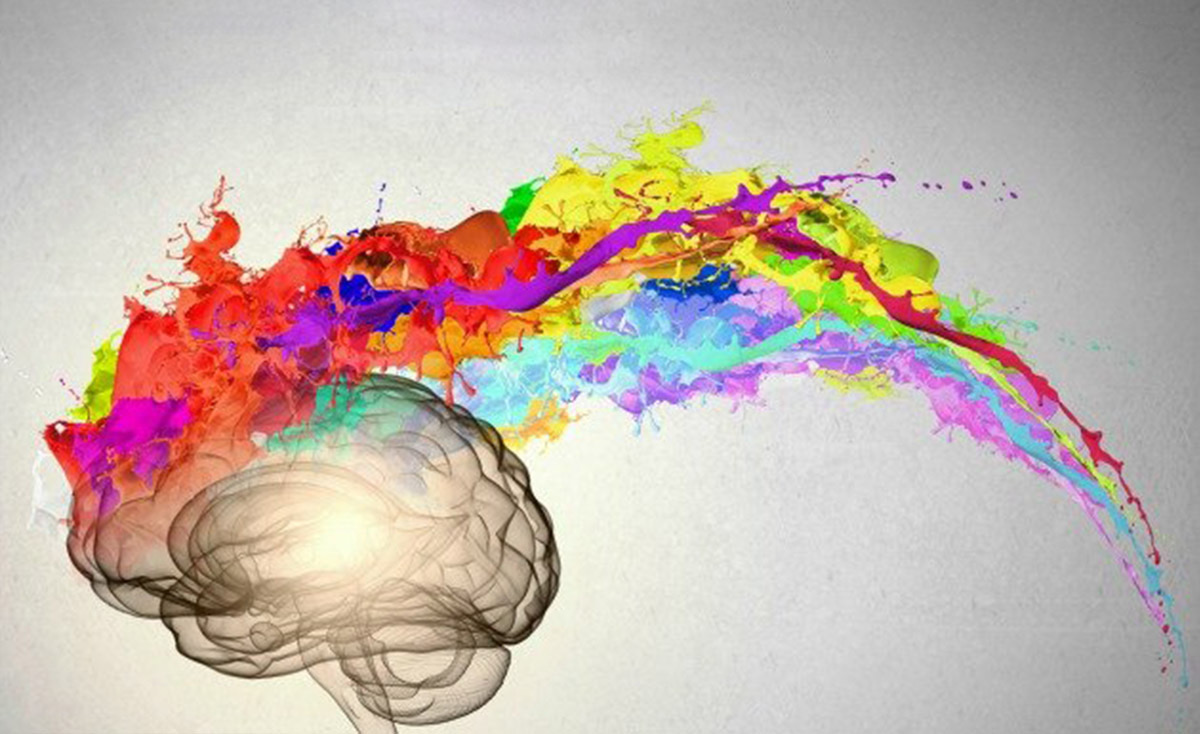When it comes to the word "insightful," its resonance exceeds mere vocabulary—it represents depth, understanding, and clarity. Whether applied to individuals, ideas, or systems, being insightful signifies a rare ability to comprehend, interpret, and explain complexities in a way that enlightens others. Insightfulness is not just a trait; it’s an invaluable tool for personal growth, problem-solving, and innovation.
In today’s fast-paced, information-driven world, the ability to offer an insightful perspective has become a sought-after skill. From thought leaders in industries to everyday individuals seeking to make sense of their surroundings, insightfulness bridges gaps between knowledge and wisdom. It’s not about knowing everything; it’s about understanding things at their core and articulating them effectively. This unique ability can transform personal relationships, career trajectories, and even societal norms.
This article aims to delve into the concept of "insightful" from multiple angles. We’ll discuss its significance, characteristics of insightful individuals, the psychology behind insightfulness, and how it impacts various facets of life. Additionally, we’ll explore actionable strategies to develop this trait and examine its relevance in different fields like education, business, and personal growth. So, let’s embark on this journey to uncover the profound value of being insightful!
Table of Contents
- What Does Insightful Mean?
- Characteristics of Insightful Individuals
- Why Is Being Insightful Important?
- Is Insightfulness a Natural or Learned Trait?
- The Psychology Behind Insightfulness
- How to Cultivate an Insightful Mindset
- Can Insightfulness Improve Decision-Making?
- Insightful Approaches in Education
- The Role of Insightfulness in Business Strategy
- Insightful Leadership: How It Drives Change
- How Does Insightfulness Impact Personal Growth?
- Common Challenges to Becoming More Insightful
- Tips for Encouraging Insightfulness in Children
- Frequently Asked Questions
- Conclusion
What Does Insightful Mean?
The term "insightful" is often used to describe someone or something capable of providing deep understanding or revealing hidden truths. It is an adjective rooted in the word "insight," which signifies the ability to see the inner nature of things. Being insightful is more than just having knowledge; it’s about interpreting that knowledge in a meaningful way.
For instance, an insightful comment about a complex problem doesn’t merely highlight the issue but also offers clarity and a potential solution. This depth of understanding can apply to various domains, from personal relationships and creative works to professional environments and societal challenges.
How Is Insightfulness Perceived in Different Cultures?
Insightfulness holds different connotations across cultures. In Western societies, it is often linked to analytical thinking and problem-solving. Meanwhile, Eastern philosophies may associate it with wisdom, mindfulness, and emotional intelligence. Despite these differences, the core idea remains universal: insightfulness is about seeing beyond the surface.
Interestingly, some cultures celebrate insightfulness as a collective trait rather than an individual one. For example, indigenous communities might value group discussions and shared wisdom as a way to achieve collective insight, emphasizing the communal aspect of this quality.
Characteristics of Insightful Individuals
What sets insightful people apart from the rest? Here are some defining characteristics that make them unique:
- Curiosity: Insightful individuals possess an innate curiosity that drives them to explore and ask questions.
- Empathy: They can understand and share the feelings of others, adding depth to their perceptions.
- Critical Thinking: They analyze situations from multiple angles, avoiding superficial judgments.
- Emotional Intelligence: Their ability to manage their emotions and understand those of others enhances their insightfulness.
- Open-Mindedness: They welcome diverse perspectives, broadening their understanding of various issues.
These traits don’t just happen overnight. They are cultivated through experiences, education, and a commitment to personal growth.
Do Insightful People Always Have High IQs?
Contrary to popular belief, being insightful doesn’t necessarily correlate with having a high IQ. While intelligence can contribute to insightfulness, it is often emotional intelligence (EQ) and life experiences that play a more significant role. Insightful people excel in connecting the dots, which requires a blend of cognitive and emotional capabilities rather than just raw intellect.
Why Is Being Insightful Important?
In a world filled with information, insightfulness acts as a filter that separates noise from meaningful data. Here’s why it matters:
- Enhances Decision-Making: Insightful individuals can weigh options more effectively, leading to better choices.
- Fosters Innovation: By seeing connections that others miss, they can create groundbreaking solutions.
- Improves Relationships: Their ability to understand others’ perspectives strengthens personal and professional bonds.
- Drives Leadership: Leaders with insightfulness inspire trust and guide teams towards success.
Being insightful is not just valuable—it’s transformative. It enables individuals and organizations to thrive in complex environments, making it a cornerstone for success.
Is Insightfulness a Natural or Learned Trait?
The age-old debate of nature versus nurture applies to insightfulness as well. While some individuals may have a natural proclivity for being insightful, this trait can also be developed through deliberate practice and learning.
What Are the Factors That Influence Insightfulness?
Several factors contribute to one’s ability to be insightful:
- Life Experiences: Diverse experiences offer different perspectives, enriching one’s insightfulness.
- Cognitive Abilities: Logical reasoning and analytical skills play a role in developing insights.
- Emotional Intelligence: Understanding emotions adds depth to insights, especially in interpersonal contexts.
- Education and Learning: Exposure to new ideas and concepts broadens one’s understanding.
Ultimately, while genetics may set the stage, it is life’s experiences and one’s willingness to grow that truly define one’s ability to be insightful.
Article Recommendations
- Melody Thomas Scott Net Worth A Detailed Insight Into Her Wealth
- Best Motorcycle Jeans 2024 The Ultimate Guide For Riders
- Patriots Star Julian Edelman Highlights News

